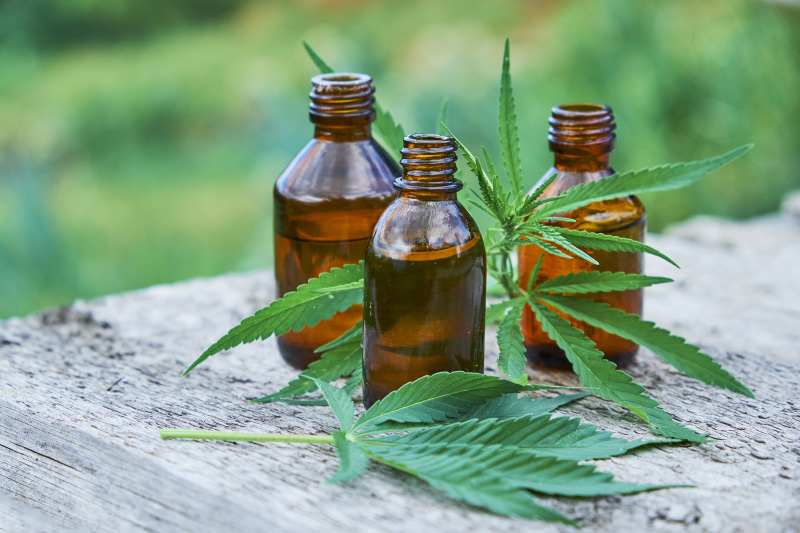Laws about marijuana are changing faster than most of us can keep up with, and there’s a lot more information out there than there used to be. Maybe you’ve heard of THC (tetrahydrocannabinol) or CBD (cannabidiol). Maybe you’ve seen hemp festivals in states where marijuana is illegal and found it confusing. It can all be a little hard to keep track of. So let’s talk about CBD, what sets it apart from other cannabinoids, and what exactly that little phrase – Hemp Oil – means.
What is Hemp Oil?
Hemp oil is an often confusing term for those interested in purchasing CBD. After all, CBD comes from hemp so why would it be any different? The truth is that because the legal CBD industry is relatively young, the terms haven’t been fully developed to articulate each product.
It’s a complicated issue, but essentially hemp oil can refer to any oil extracted from the hemp plant. When hemp oil is sourced from seeds of the plant, it’s usually known as hempseed oil and contains no cannabinoids. It’s often used as a nutritious cooking oil, but won’t contain CBD. However extracting oil from other parts of the plant, such as the resin glands or flower, will be what results in a more diverse cannabinoid profile – which can include THC (though in trace amounts if grown properly and legally). Although you may also hear of CBD oil, that’s simply an oil product that contains CBD, and is generally similar to hemp oil overall and the two terms are sometimes interchangeable. A CBD oil may only contain CBD, or it may contain more than CBD – reading labels and ingredient lists is key to understanding your product.
CBD vs THC
Unlike another well-known cannabinoid THC, CBD is not psychoactive, meaning you can’t get ‘high’ from it. It is also unlikely that taking CBD will cause you to fail a drug test as a properly sourced hemp oil should contain a virtually nonexistent level of THC. However, full-spectrum hemp oil may contain small amounts of THC, so it is important to read labels and lab reports carefully.
Hemp Oil and CBD’s Legality
One of the most common concerns about CBD is its legality. While the 2018 Farm Bill has changed plenty for CBD, it’s legality still comes down to the small details. On a national level, hemp and hemp-derived products (like CBD and Hemp Oil) are legal as long as they contain no more than 0.3% THC content. However, not all states and municipalities agree with federal law. Furthermore, some states may be fine with CBD but still treat marijuana as a criminal offense. Staying on top of your local laws is key to enjoying hemp oil happily and legally.
Why do people use Hemp Oil?
The scientific and medical worlds are still looking into the potential benefits of hemp oil, though many individuals have given positive reviews anecdotally. There’s promise in many further studies for CBD and people continue to enjoy CBD for a variety of reasons. Hemp oil’s attraction is partly in the notion that you can enjoy a more robust cannabinoid experience with a full or broad-spectrum product, as opposed to an oil that only has CBD in it. Hemp oil has been added to gummies, lotions, sold as a tincture, and much more – making it a versatile product for individuals interested in CBD.
Where can CBD be purchased?
CBD oil can be purchased from a variety of vendors, whether in person or online here at Sun State Hemp. CBD’s legality may impact where you can purchase it from, but if it’s safe to do, we recommend purchasing only online. When you purchase online, you can check up on the lab report for a product to be comfortable that what you’re purchasing matches what’s on the label.
It’s our pleasure to serve as your first choice for top-quality CBD products. If you’re looking to get started with hemp oil, our full spectrum hemp oil tinctures are a great place to begin. Enjoy the best in quality CBD, right here at Sun State Hemp.

